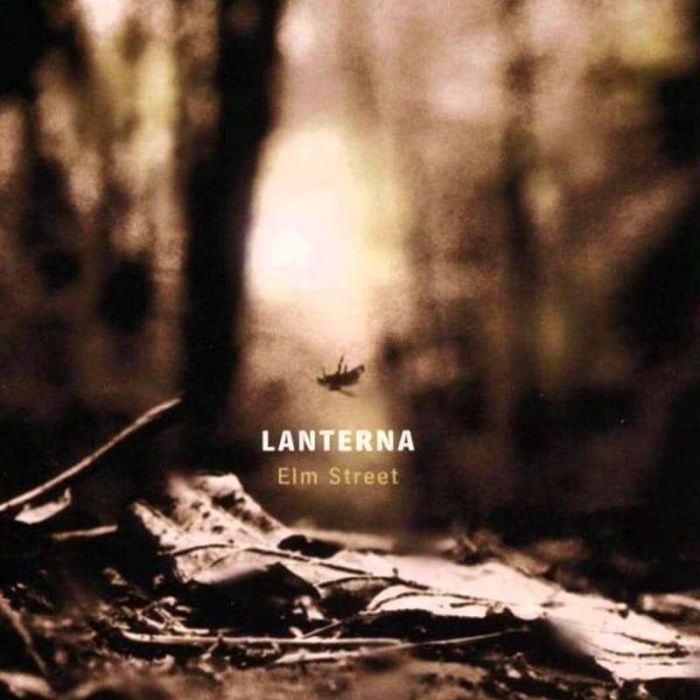Elm Street by Lanterna (Review)

The real challenge to making instrumental music — and trust me, I know this one firsthand — is to make music that doesn’t need vocals. Otherwise, you risk sounding like a cheap imitation of countless other instrumental bands (hence all of the Mogwai/Godspeed/Tristeza clones that seem to pop out of the woodwork), or like a band who, well, is in sore need of a vocalist. Writing truly good instrumental music where the music is its own voice can be far more challenging than writing lyrics that sum up your emotions (even if you try to make it rhyme).
Music is littered with instrumental bands that gave it their best shot, but whose music fails to reach any sort of emotional plateau (e.g., Pele and Paris, Texas). And even those who do reach that plateau still stumble at times, making pretty sounds but nothing more (e.g., Tristeza and even the beloved Unwed Sailor).
Lanterna skirts that danger throughout Elm Street. These songs can basically be divided into two categories. Songs like the title track, “Spirits,” and “Glass” feel more straightforward, sometimes with nigh-pop sensibilities (“Glass” is as close as this album comes to rocking out). This doesn’t mean the songs are bad, but rather that they almost feel like frameworks waiting for the likes of Mark Eitzel or Mark Kozelek to lend their weary, rusty voices and lyrics to the proceedings. The music is quite lush, relying on chiming guitars and airy percussion. Even if the songs feel somewhat lacking due to the absence of vocals, they never feel needlessly pretty and flighty, as is the case with some post-something or other bands. The songs retain enough of a dark, forlorn quality to lend them gravity.
The rest of the songs are of a more atmospheric, almost cinematic variety. Despite being less “songlike” in nature, they feel more satisfying. As with all music of this variety, there is greater danger for misstep, and one of the album’s weakest points is on “Wolves,” complete with howling wolves amidst the song’s murky guitar melodies. The effect is far too similar to those “Nature Music” CDs you can find at finer Targets everywhere.
The rest of the album’s more cinematic leanings, though, are quite beautiful. “Smoke” adds analog synths to the mix, sweeping across the echoing guitars and pulsing bass tendril-like. It all culminates in the final track, “Dog Days,” which can be divided into two very distinct (and equally lovely) parts. The first comprises the album’s most mercurial moments. Slowly chiming guitars and even slower synth-work create a dense fog through which rays of slide guitar filter through. One imagines driving through some Pacific Northwest forest in a foggy haze; the air feels unnaturally thick and emerald, and as the road winds you can make out the apparitions of ancient trees that appear through the mist, only to disappear just as quickly.
The first half fades away, the mist clearing to reveal a summer evening. The sounds of crickets, frogs, and what might be the distant rush of traffic dominate the air. Ghostly guitar figures slowly, hesitantly ring out. The evening breeze easily overwhelms them, but they underscore everything. Despite the lack of words, or even a definably melody, these sounds are ripe of emotion, of nostalgia perhaps, for those lazy summer nights of childhood. It’s easy to lose yourself in that mysterious forest, or on that summer night, in ways that no words could ever make possible. And that’s what true instrumental music is all about.